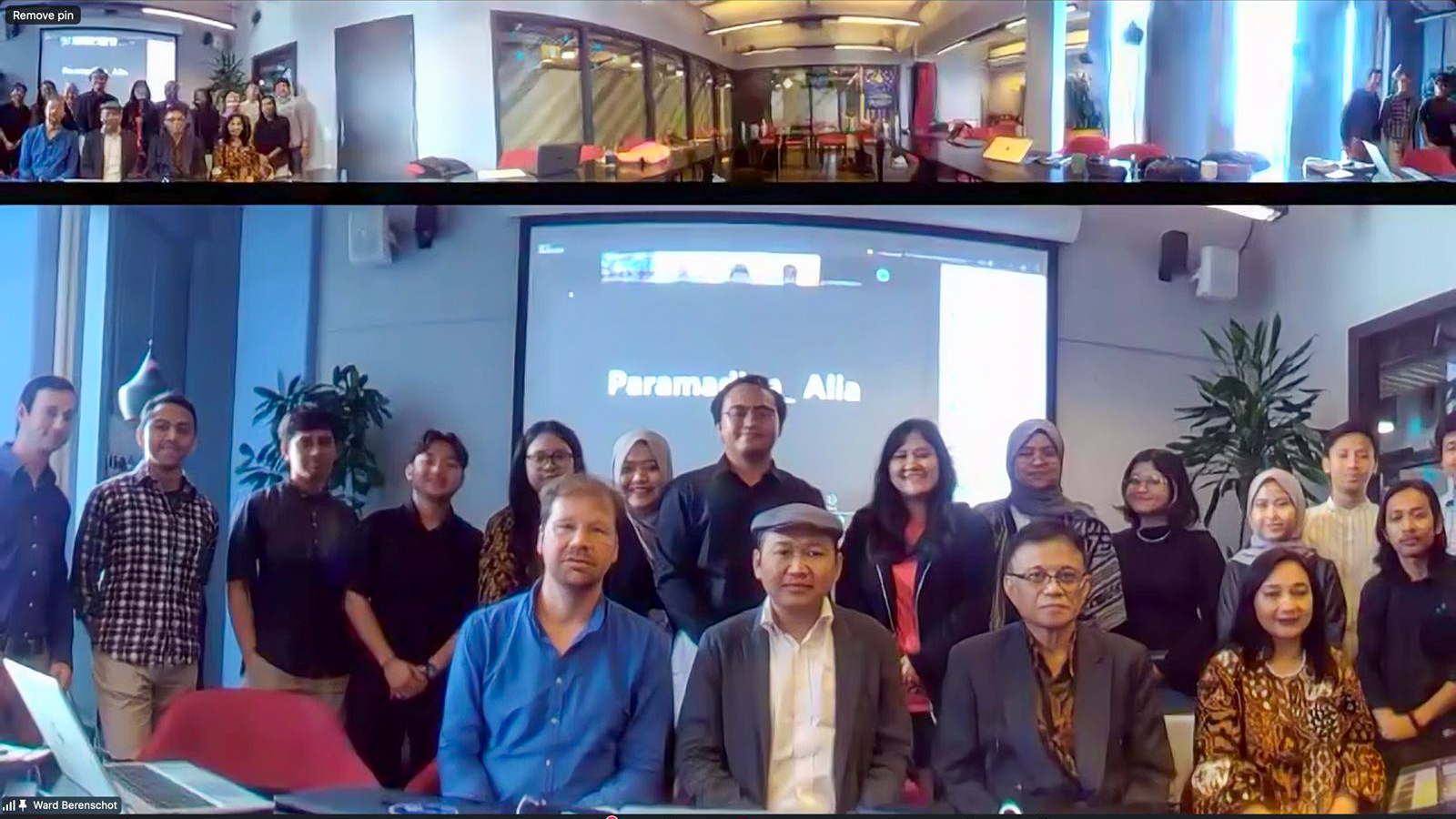“The vision and mission of Prabowo-Gibran cabinet focus on improving the welfare of the people through decent employment, quality education, affordable necessities, sufficient income, and optimal healthcare and security services,” stated Esther Sri Astuti, S.A., Ph.D. (Lecturer at the Faculty of Economics and Business, Diponegoro University), who was one of the speakers at the Democracy School event with the theme “The Political Economy Challenges of the New Government: Welcoming the Prabowo-Gibran Cabinet,” on Friday (26/7).
She further mentioned that this vision and mission contrast with the profile of Indonesia’s state budget (APBN), which has relatively high expenditures but low tax revenues, posing a fiscal risk for the upcoming government.
“Some solutions that the future government could implement include increasing investment and job creation through special economic zones, improving infrastructure, and resolving legal issues,” she stated.
Esther explained that economic growth from the production side is driven by structural transformation, which is indicated by the increase in manufacturing industries. At the same time, the agricultural sector continues to grow, driven by increased productivity. The electricity and construction sectors are growing to support the development of the industrial sector and the new capital city (IKN) development; productive services and transformation sectors will develop along with the growth of the manufacturing industry, and the Infocom sector is growing in line with digital transformation. Meanwhile, economic growth on the expenditure side is seen from Household Consumption (RT) and Non-Profit Institutions Serving Households (LNPRT) which continue to grow with government support in development. Investment growth is increasing to support the development of the manufacturing industry, exports are proliferating along with the increase in the industrial sector, and imports are proliferating in line with the need for development to strengthen the foundation of transformation.
“Improving the quality of the workforce through better education is certainly very necessary. To accelerate economic growth, growth engines such as investment, exports, and government spending need to be activated, with a priority on development rather than non-priority projects,” Esther concluded. (LW-Public Relations)











